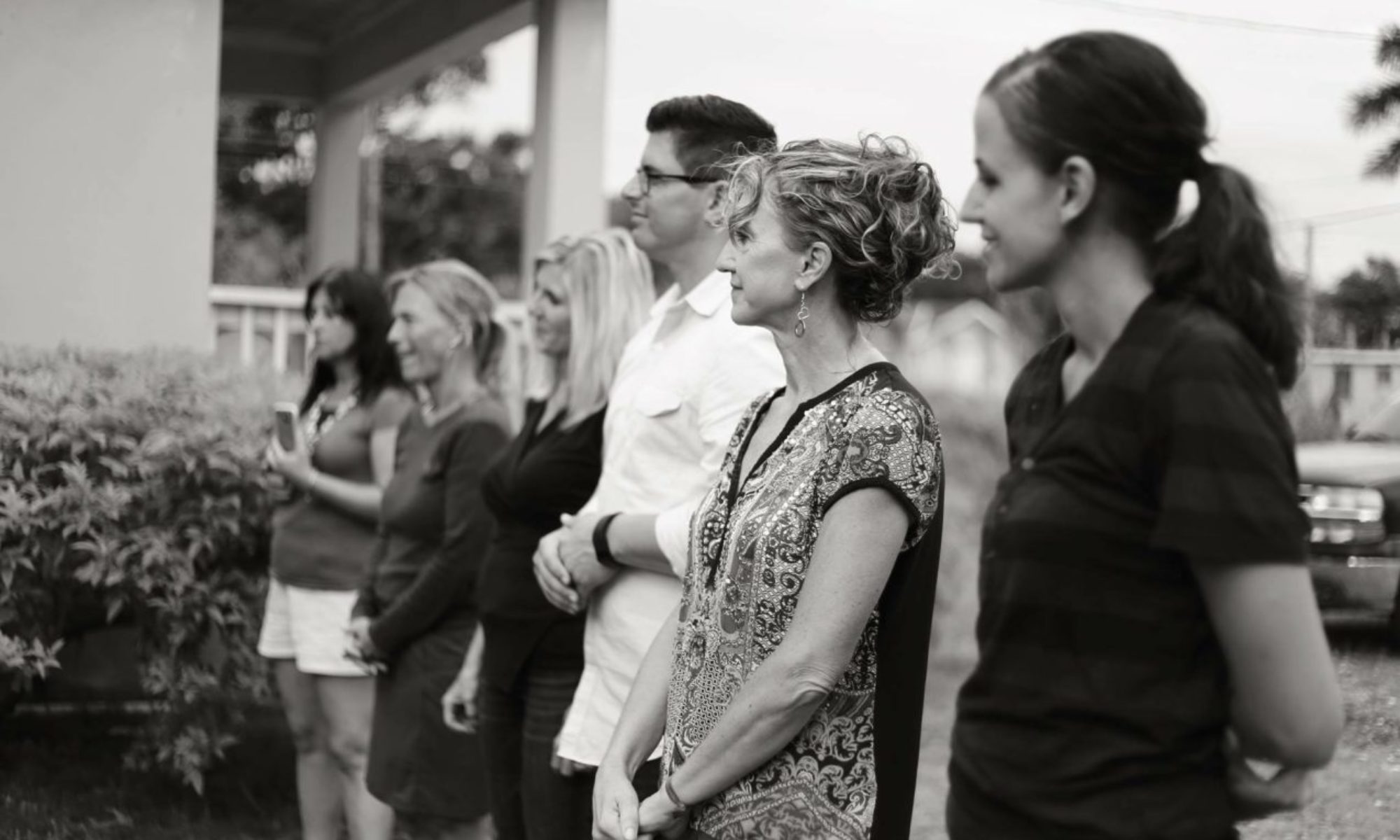On a very hot day, Andrew found himself lost in the desert. Completely out of water, he could not get his bearings nor find his way back to his starting point. He was desperately searching for signs of water when he spotted what appeared to be a small hut in the distance. Thinking it could be an illusion, he continued walking towards it until he reached it. When he opened the door, he found no one there. Seemingly abandoned for some time, he was surprised to find a hand pump. Overcome with thirst, he started pumping, but there were no signs of water. He was finally overcome by exhaustion. He then searched the hut and found a bottle of water hidden in the corner. He was so grateful and prepared to drink it, when he found a note attached to it. The paper stated, “please use this water to start the pump. It works. After you are done, do not forget to refill the bottle again.”
He had to make a choice. He could drink the water in the bottle, or he could use the water to prime the pump to get abundant water. He couldn’t help but think, “but will the pump work if I use the water?” If not, he would waste the much needed water. Could he trust the words on the paper?
He paused for a moment, closed his eyes, and prayed. Then he poured the water from the bottle into the pump and began pumping. Soon, he heard a bubbling sound, and water began pouring from the pump. He drank his fill, filled his bottle, then refilled the bottle from the hut. Afterward, he saw a pencil and map which explained the direction to a nearby village.
How did hope play a role in Andrew’s predicament? Hope can be defined as a wish or desire for a particular event, an event considered possible. It seems quite feasible that he was hoping to find water. According to Harvard University, hope is beginning to reveal its value in scientific studies. Hope can provide an opportunity for us to process events that seem unsurmountable. As an essential component of our well-being, hope can foster positivity, even in the face of its absence.
How did faith play a role in Andrew’s predicament? Faith is the assurance of things hoped for. It is to trust in something that cannot be explicitly proven. When Andrew made the decision to pour the only available water into the pump, he had faith that the pump would then produce even more water. Trust was needed to actually pour the water.
Hope and faith are distinct yet complementary. When Andrew believed that the pump would work, he had faith. At the same time, that belief kindled joy, which was hope. Without faith, there is no hope, and without hope, there is not true faith.
In 1 Corinthians 13:13, we are called to abide in faith, hope, and love. Faith and hope are instrumental to our ability to cope with the world around us. Therefore, go forth in faith, knowing the impact hope plays on your health and well-being. Continue to hope, and may faith always guide you.
References:


